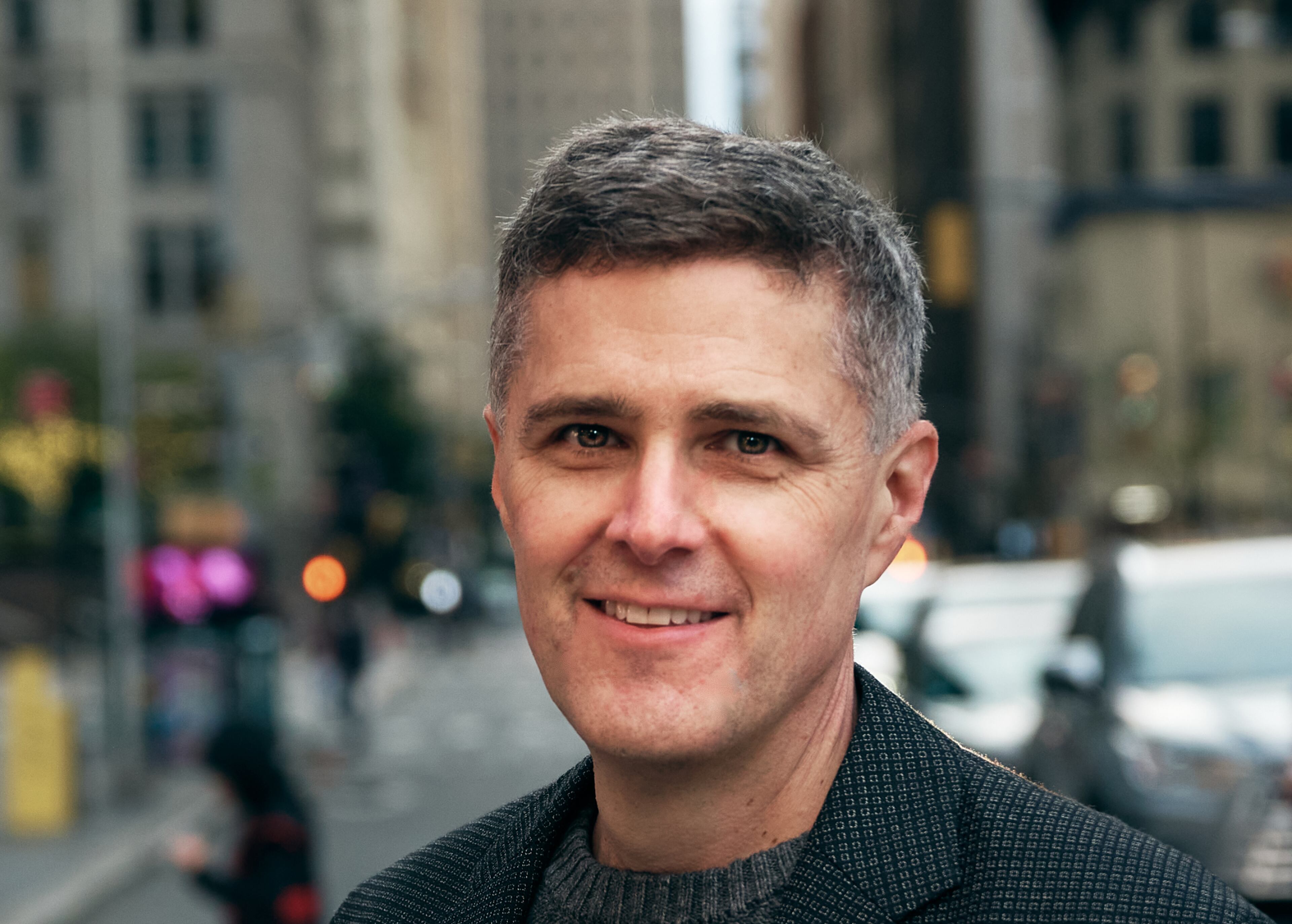Opinion: Looking ahead to post-pandemic community

Despite our American spirit of individualism, none of us would claim during this pandemic that we would prefer to remain isolated from each other any further. This pandemic experience has been brutally disconnecting and disruptive. We look forward to the day when the coronavirus no longer divides our lives.
When we are once again able to rebuild our habits of contact, things will have changed. Some of our friends and family members will no longer be with us. And none of us will remember quite well how to live together, having lost the habit of how to socialize. Do you remember when it was normal to be cordial with strangers? Our next American challenge is partly economic, but it is bigger than an economic challenge. We need to renew and reweave our social fabric. This is not just a challenge, it is an opportunity.
A national survey by Cigna, and recent articles, indicate that a majority of Americans are experiencing loneliness. In the same way that we as individuals are suffering through this pandemic, there is another entity that is suffering and that needs our help. Our society, our social fabric, will need renewed attention once we again feel free to spend physical time with each other safely.
The social fabric is a web of trust we choose to weave through the relationships we initiate and cultivate with others whom we did not know before. These are the ties that support us and make us resilient, the shoulders to cry on, the points of view that are different from ours that enrich our understanding. The more active we are in boldly making trust-building contacts, the more we feel enriched; the stockpile we draw on to offer friendship never gets diminished.

We live a life as individuals, and we live a life connected with others in trusting relationships as a society, with a place we have in common, a history we have in common, customs and norms we have in common, and most importantly -- a future we have in common. These are the dye that colors our social fabric and makes it beautiful and livable and stable and worthwhile.
As a child in a military family, every move to a new house and a new school meant my parents telling me, “You’ll have to make friends here in Atlanta. Just like when we moved to Ft. Bliss. Or to Ft. Leavenworth the time before that. Remember, it’s hard at first, and disorienting. But have courage, have a positive spirit. Be open to meeting new kids, and realize they are just as apprehensive as you are about being in a new place and meeting new people. The comradeship will come, the friendships will come.”
As a pandemic family, we’re all moving to a new place, a new experience, where at first we will feel alone, isolated, disconnected. And for much too long, we have been lacking practice at being the social creatures we are.
As we emerge — after the waves and variants have subsided — into a new place, a new situation, I invite you to be open to reaching out to others. Find ways to make new contacts, to meet people who undoubtedly think differently, and build trust. If you are an engineer, get to know a fashion designer. If you are of one political persuasion, get to know someone of a different political ilk. Get to know a stranger. Do it not just for your own benefit and theirs; realize you are rebuilding the fabric that needs to hold our country together for our children and coming generations.
Be courageous, America, your social fabric needs you! Be bold to reach out once the health dangers of the pandemic eventually wane. Others are waiting for your contact, for your touch, for your kind word, for your trust. They feel as apprehensive as you do to meet new people. Please give generously of your friendship and trust, especially to those who are different from you. You will feel enriched, the fabric of our society will be enriched and our experience as a nation will be enriched.
We are not alone in this, and all of us know -- we don’t want to be.
Kevin Kells is a Georgia Tech alumnus, a senior engineer at a tech company, an adjunct professor in management of digital innovation and transformation and author of a forthcoming book on technology, society, and what it means to be human. His family lives in the Atlanta area, and he resides in New York City.

